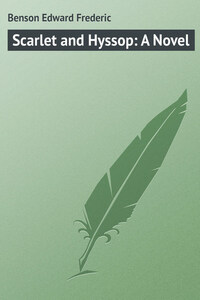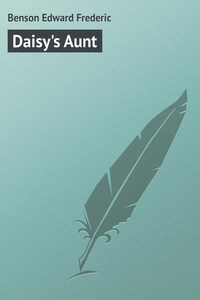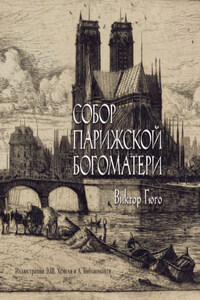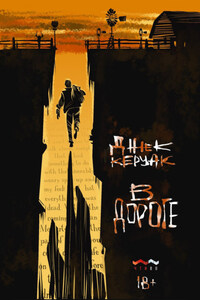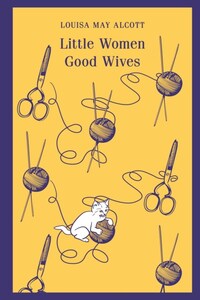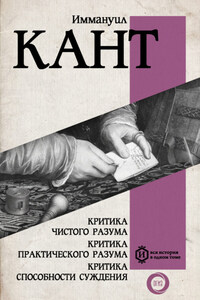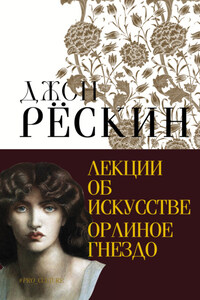It has been ordained by the wisdom of Nature that the same fact shall strike the majority of her foolish children almost simultaneously. This phenomenon can hardly have escaped the most casual observer; the majority of swallows, for instance, in any given area will agree, practically in the same week, that our English autumn is no longer tolerable, and with consenting twitterings set their heads southwards; or in the spring, again, one may observe that in any given field daisies and buttercups will determine, only to be nipped by unpunctual frosts, that it is now time to come out, while even man, that most vacillating and least uniform of all created things, has a certain sympathy in his sensations; the sap stirs with moderately equal effervescence in the most dissimilar units; and without further preamble, to take the case in point, London settles without consultation, but with considerable unanimity, when spring may be considered to have stopped and summer to have begun. It is hardly necessary to state that London is, if not always, at any rate very frequently, completely deceived – like the buttercups and daisies – about a point so apparently palpable as even this, and a few biting frosts about mid-May usually send it back to its furs again; but the fact remains that on or about the same day the streets suddenly wear a completely different garb. On all sides the chrysalises burst, and butterflies gay or sober, according to their temperaments, hover and try their wings over a ground strewn, so to speak, with the brown husks of the "winter weeds outworn." Nor is this bursting of the chrysalis confined to externals: the time has come; the tides of vitality turn and flow through the town, and the reopened houses, newly decked window-boxes, and the flush of colour in the streets, are but symptomatic of the inward conviction of their inhabitants that a fresh season for doing a quantity of things they should not do, and as great an opportunity for leaving undone many things that they should do, has been turned up by the spade of Time, that irresponsible farmer of years.
Though not usually given to prosing, Lady Alston had been making remarks somewhat to this effect as she sat with Mrs. Brereton after lunch in a balconied window of her drawing-room in Park Lane looking over the haze and warmth of the Park. Being for the moment, at any rate, in a pessimistic mood, she accounted for it by a belittling explanation.
"We are so obvious; that is why we all do things simultaneously," she said; "and a thing that everybody does is not in itself worth doing at all. I don't suppose there ever was a race so utterly deficient in originality."
The sun was not very hot, and Mrs. Brereton put down her parasol, and pointed dramatically with it down Park Lane.
"What do you call that?" she asked. "Did you ever see anything so wildly and colossally original? You have travelled, dear Marie, and have seen Aztecs and wigwams and the gorgeous East in fee, whatever that may mean. But have you ever seen anything to approach Park Lane?"
Lady Alston laughed.
"I don't call nightmares original," she said.
"I'm sure I don't know why not. I see nothing in the nature of a nightmare which is incompatible with originality. Just look: there we have a Gothic façade, followed by a very plain English erection which reminds me of beef and beer and Sunday. A little further down you will observe a kind of kiosk, and after that the front of the Erechtheum and something from the slums of Nürnberg. If one could look round the corner, we would see a rustic cottage, a bit of Versailles, a slice of Buckingham Palace as pièce de resistance, and some Pompeian frescoes by way of a savoury. There's richness for you."
"Scraps only, scraps from other places. It always reminds me of a dog's dinner," said Lady Alston; "and all of us who live here are like scraps for a dog's dinner, too. Bits of things, remnants, a jumble sale, with everything priced above its proper value."
Mildred Brereton leaned back in her chair, so that the sun did not catch her hair. The particular Titian shade she affected was so difficult to please in a strong light, and she felt sure that at this moment there was a sort of metallic iridescence on it. She would have to go to the hair-dresser's again to-day.
"Dear Marie, what possesses you this lovely morning?" she asked. "Why is the world so stupid?"
"Probably only because I had a very short night. I am quite aware that when one is dissatisfied with things in general, it means that one's vie interieure, shall we say? is dissatisfied with something particular."
"And what form does the dissatisfaction take?"
Lady Alston threw her hands wide with an admirably graceful gesture.
"I despair of the human race of the day," she said, "but I have enough grace to include myself. Do you suppose there ever was such a stupid class of people – especially we, Mildred, the women! We have all, literally all, we should want to make ourselves happy in an animal way – good health, sufficient money, and a deep abiding selfishness. But we can't amuse ourselves; we are not happy; we are like dogs out for a walk, we must continually have sticks thrown for us. We can none of us invent anything ourselves. We can none of us stand solitude, which is in itself a complete confession of our stupidity, our parasitic nature. We go and hear people sing and act, and make music; and go and see horses race; we play cards for hours because we have not got the wit to talk – they say Bridge killed conversation. What nonsense! there was none to kill. Our whole brains, such as they are, are occupied in devising things to do to make the time pass. And we devise very badly: we are always glad when each thing is over. We go to a concert. How long! We live three months in London. How nice it will be to get down to the country again! We play Bridge. Will the rubber never end? We spend the autumn in the country. Will November never be over? On the top of that we do all in our power to make it appear that time has not passed with us. We dye our hair and paint our faces, in order to appear young, but the moment we open our mouths it is obvious we are tired, withered old women! There!"
